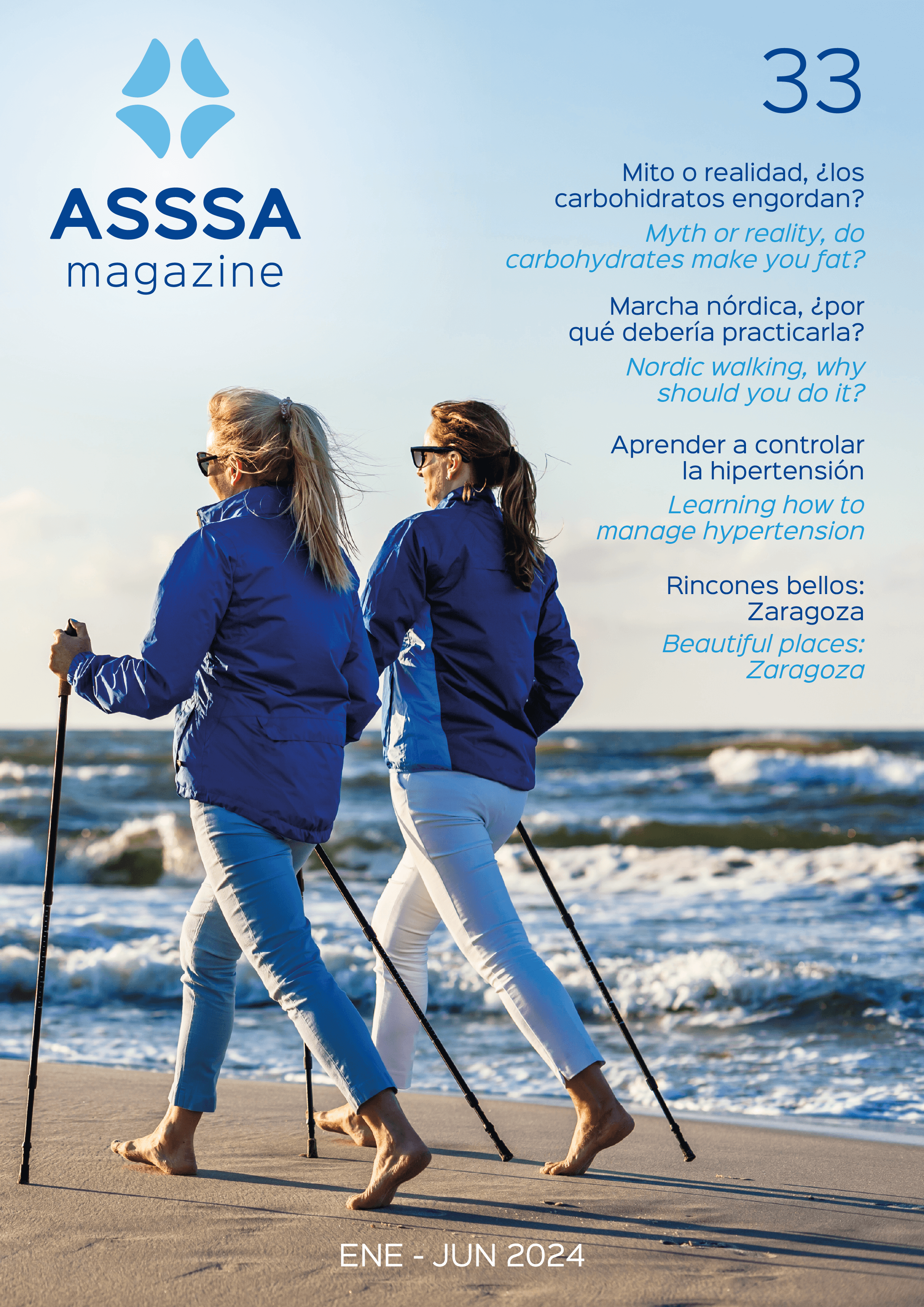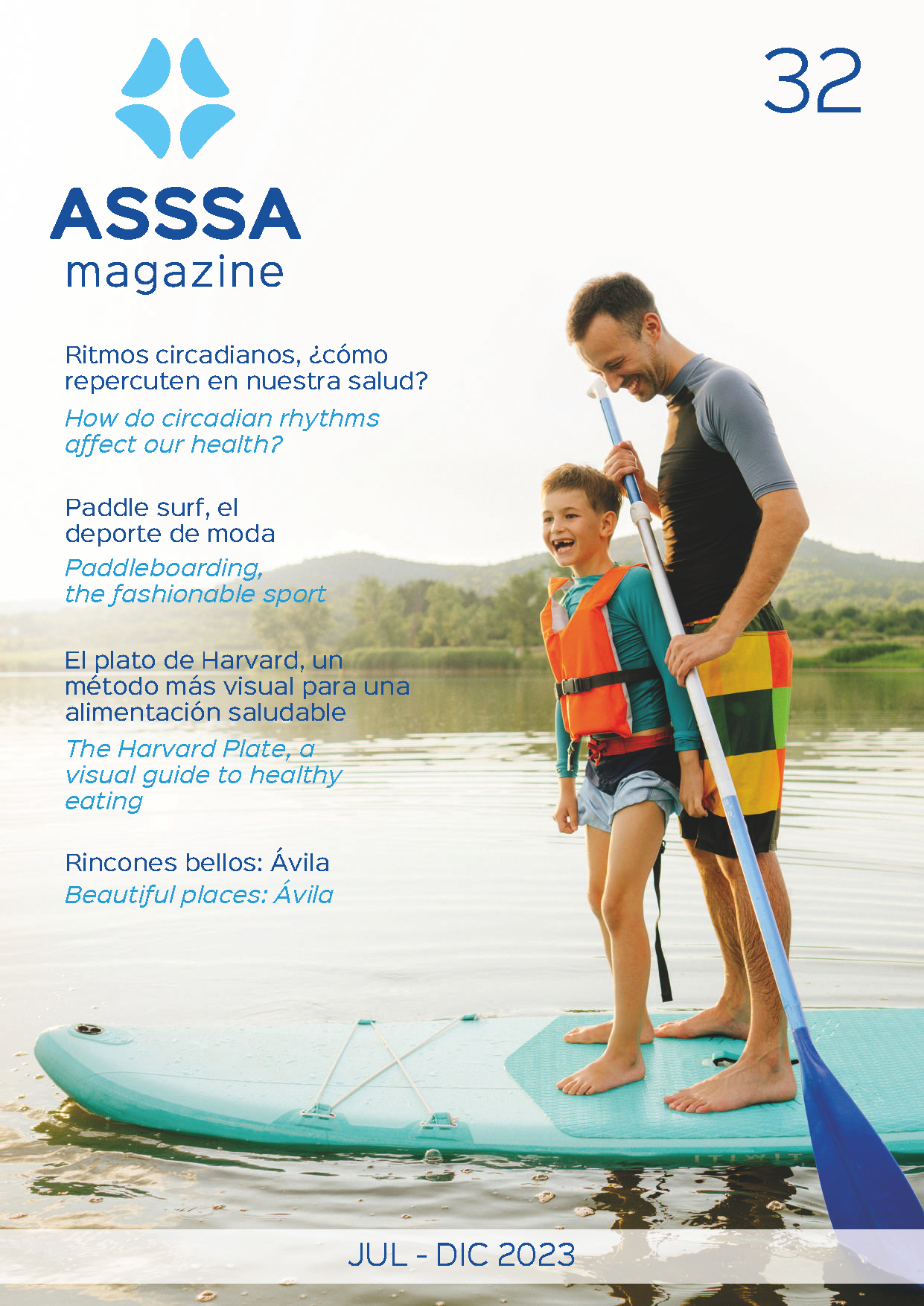
Eating correctly is a cultural task, it is learnt during childhood and lasts a lifetime, like education.
Wise choices and errors in the “art” of eating are reinforced during old age by way of the new behaviours that appear due to changes in later life.
When referring to “older people” and talking about their eating habits, it is not easy to accept that food is not good only because it covers established dietary recommendations. Older people are a heterogeneous group, which explains why nutritional problems should not be addressed from a single point of view.
As the years go by, individuality becomes more marked. This means that it is difficult to provide general guidelines for behaviour or standard advice on how to approach cooking and eating. Even older people who are still living independently, who are the vast majority, who are able to benefit from nutritional information programmes, sometimes go through ups and downs that result in major changes to their ability to feed themselves correctly. I am referring to the minutiae of everyday life that can affect people who have broken through the seventy-five barrier.
The obstacles caused by financial hardship. The conflicts arising from excessive alcohol intake. The hindrance of an unhealthy mouth, with missing teeth or badly fitted dentures, all of which makes chewing difficult and can result in serious infections (such as oral thrush, frequently suffered by older people). The presence of conditions like depression, which isolates people, taking away their vitality and all that this involves (the zest for life is closely linked to appetite, to the physical strength needed for walking, for going food shopping and for preparing food correctly in the kitchen at home). Or the multitude of medicines taken at this stage in life.
We are also talking about people who are incapacitated by physical diseases (such as arthritis), by mental conditions (like dementia), or by loneliness, such a frequent occurrence towards the end of our lives.
The monotony of meals is often linked to appetite loss and lack of regular exercise. A high percentage of our older people have lost the sensory capacity for smell and taste, similar to what happens with sharp vision and hearing. Contributing factors to these later losses are alcohol abuse, excessive smoking and lack of oral hygiene.
At the other extreme, it is common to see that many children, in their eagerness to lavish exquisite care on their elderly parents, subject them to excessive dietary regimes, under the mistaken impression that the degree of good health is equivalent to the amount of food ingested. This means that people with degenerative conditions, who are confined to a wheelchair or bedridden, with no chance of being able to “burn off” the calories they don’t need with exercise, are given too much food, with a higher than required load of carbohydrates or fats.
The ideal diet should be simple and well balanced and should be pleasant to follow. It does not need to be expensive. Meals should be easy to prepare, easy to chew and easily digested and, above all, they should be designed to cater for each person’s level of physical activity.
This kind of regime is recommended for all ages but it should be applied more strictly to adults and the elderly.
And, as I said earlier, eating should be a pleasurable experience shared with someone else. Little wonder that it is one of life’s most important social activities. Even more so nowadays when we can easily feel neglected in our old age.
Dr. Mas-Magro y Magro – Mediterranean Gerontological Association. Numerary Member of the Spanish Geriatric Society
The information published in this media neither substitutes nor complements in any way the direct supervision of a doctor, his diagnosis or the treatment that he may prescribe. It should also not be used for self-diagnosis.
The exclusive responsibility for the use of this service lies with the reader.
ASSSA advises you to always consult your doctor about any issue concerning your health.












